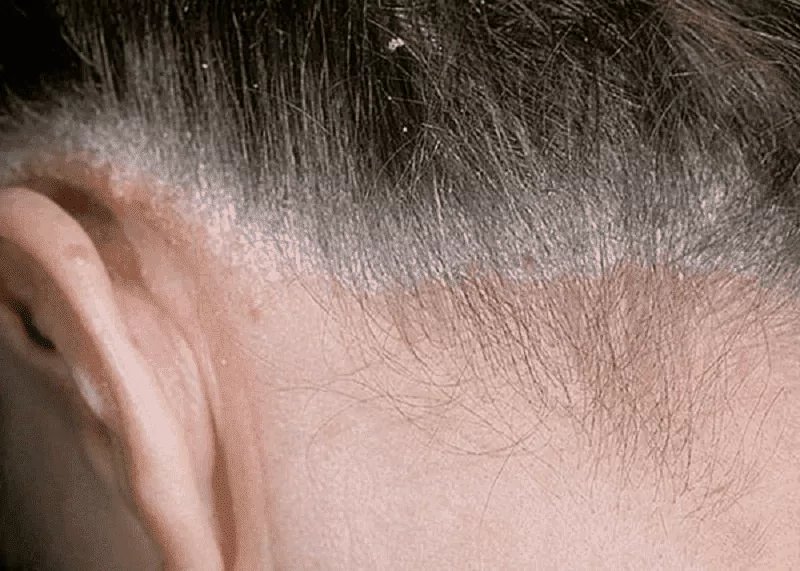DEFORMING OSTEOARTHRITIS
Deforming osteoarthritis is a chronic joint disease in which cartilage gradually deteriorates, bone structure changes, and deformities develop. 15 October 2025, Wednesday,
 40
40

Seborrheic dermatitis is a common, chronic skin condition that causes red, flaky, and greasy patches—most often on areas rich in oil glands, like the scalp, eyebrows, nose, and chest. It’s also known as “dandruff” when limited to the scalp.
The exact cause isn’t fully understood, but it’s linked to overgrowth of a skin yeast (Malassezia), excess oil production, and an overreactive immune response. Stress, cold weather, hormonal changes, and neurological conditions (like Parkinson’s) can worsen it.
It’s also common in infants as cradle cap (neonatal seborrheic dermatitis).
Diagnosis is made by examining the skin. In unusual cases, a skin scraping may be taken to rule out fungal infections or psoriasis.
If untreated, the rash can become more inflamed and uncomfortable. Scratching may lead to infections. To manage flare-ups: reduce stress, maintain regular skincare, and treat early when symptoms appear.
Mild topical treatments and antifungal shampoos are usually safe. Always consult your healthcare provider before using medicated products while pregnant.
If symptoms are persistent, spreading, or resistant to over-the-counter treatments, or if you’re unsure whether it’s seborrheic dermatitis or another skin condition like psoriasis or rosacea.
